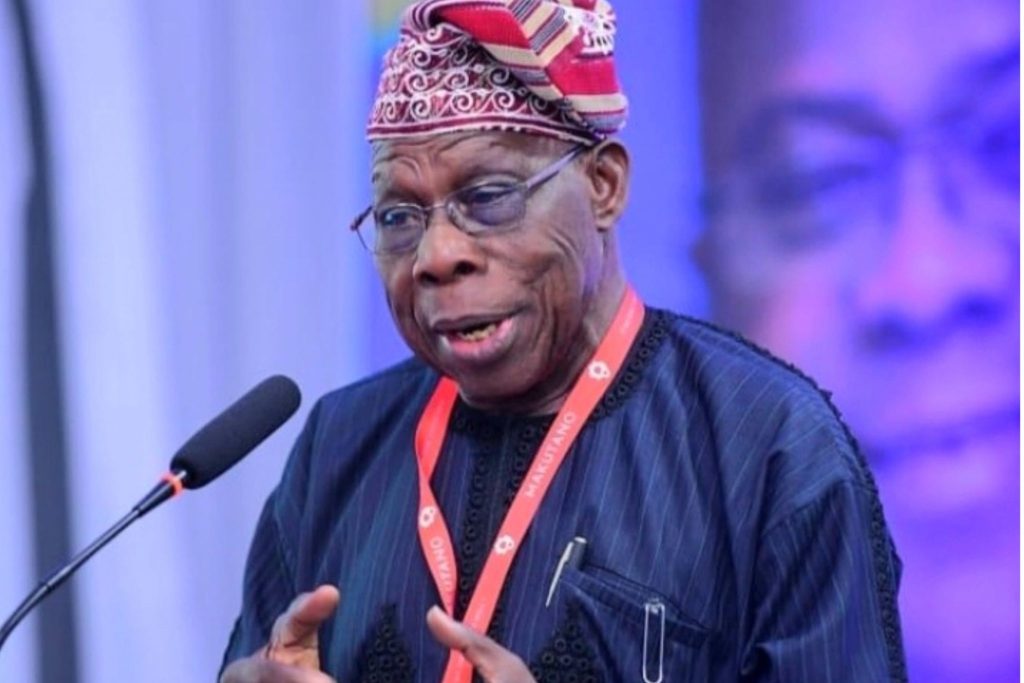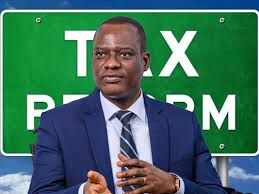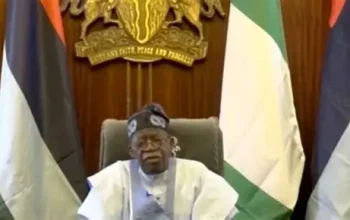Former President Olusegun Obasanjo has expressed concerns that individuals benefiting from the profitable fuel importation business may attempt to obstruct the operations of the Dangote Petroleum Refinery. He made this assertion following claims by the President of the Dangote Group, Alhaji Aliko Dangote, that certain ‘mafias’ are working to undermine the $20 billion refinery project.

In a recent interview with the Financial Times, Obasanjo described the Dangote refinery as a venture that should inspire both Nigerians and international investors to put their money into Nigeria. He explained, “Aliko’s investment in a refinery, if successful, should motivate others to see Nigeria as a viable investment destination. However, those who are currently profiting from selling or supplying refined products to Nigeria may feel threatened and could go to great lengths to frustrate his efforts.”
Officials from the Dangote Group have recently voiced concerns that international oil companies are making it difficult for the refinery to operate by either refusing to sell crude or demanding a premium of up to $4 above the regular price. They also accused the Nigerian Midstream and Downstream Regulatory Authority (NMDPRA) of intentionally granting licenses to import substandard fuel, which the regulator denied, claiming that Dangote diesel is of inferior quality compared to imported alternatives.
NMDPRA Chief Executive, Farouk Ahmed, stated that Nigeria would not halt fuel importation to prevent Dangote Group from gaining a monopoly in the market.
Obasanjo further reflected on Nigeria’s overreliance on oil, stating that the country made a critical mistake by neglecting other sectors like gas and agriculture. He said, “We made a grave error by relying solely on oil. We ignored gas, which we were flaring off, despite its value. And we neglected agriculture, which should have been at the heart of our economic development.”
He recalled how, during his presidency, he had urged Shell to take on equity participation and manage the country’s refineries, but the company declined, citing corruption and poor maintenance as reasons for their refusal. “When I was President, I invited Shell to participate in running our refineries, but they refused, pointing out that our refineries were poorly maintained and plagued by corruption. They didn’t want to get involved in such a chaotic situation,” Obasanjo explained.
On the repeated promises to fix the government-owned refineries, Obasanjo questioned the sincerity and feasibility of such claims. He remarked, “How many times have we been told that the refineries will be fixed, and at what cost? The issues with these refineries have never truly been resolved, and if these problems persist, we are not going to make any progress.”
The former President also criticized President Bola Tinubu’s approach to removing fuel subsidies, arguing that the government should have considered the potential hardships on the populace and planned measures to mitigate them. He said, “There’s a lot of work that needs to be done. You don’t just wake up one morning and remove the subsidy. The inflation we are experiencing has negated the impact of the subsidy removal, and the situation remains the same.”
Obasanjo emphasized the importance of building investor confidence in Nigeria, advocating for a shift from a transactional to a transformational economy. He also expressed concern about the growing restiveness among Nigerian youth, attributing it to unemployment and lack of skills. “Our youth are becoming increasingly restless because they lack skills, empowerment, and employment opportunities. We are all sitting on a powder keg, and my hope is that we take the right actions before it’s too late,” he warned.
Crude Purchase in Naira
In a related development, it was revealed that the Dangote refinery and other local refineries in Nigeria have yet to begin purchasing crude oil from the Nigerian National Petroleum Company (NNPC) in naira, despite a directive from President Tinubu. The Crude Oil Refiners Association of Nigeria (CORAN) disclosed that individual refiners have written to NNPC requesting crude supply, but no response has been received so far.
The Federal Executive Council (FEC) recently approved a proposal by President Tinubu to sell crude oil to the Dangote refinery and other domestic refineries in naira, with a fixed exchange rate for the duration of the transaction. This policy is intended to reduce the cost of petrol and strengthen the naira against the dollar.
However, nearly a week after the announcement, the refiners reported that they have not heard back from the NNPC. The Publicity Secretary of CORAN, Eche Idoko, called for an executive order to enforce the directive and emphasized the need for a meeting with the economic team to establish a favorable rate for the Nigerian market.
Idoko also mentioned that while the President’s directive is a positive step, it needs to be backed by legal authority, such as an executive order or new guidelines, to ensure compliance from crude producers.
The Dangote Group has raised concerns about the challenges in accessing crude oil for their refinery, accusing international oil companies of prioritizing sales to Asian markets and demanding higher prices for Nigerian crude. A senior official at the Dangote refinery, speaking anonymously, confirmed that the refinery has yet to start purchasing crude in naira from NNPC.
The spokesperson for NNPC, Olufemi Soneye, did not respond to inquiries on the matter at the time of reporting.
Read also:
- Ayra Starr Sparks Mixed Reactions After Being Spotted with Rihanna at Barbados’ Crop Over Festival
- Nigerian Lady Brings Gwo Gwo Ngwo Challenge to the Church
- BBNaija: Wanni and Shaun Clash Over Noodles
- Fuel Supply Halts Amid Hunger Protests, Leading to Fuel Scarcity Across Nigeria
- Mixed Reactions as Blord Visits Sabinus at His Lavish Residence
- Timini Egbuson and Bimbo Ademoye Spark Dating Rumors with Romantic Photos
- Bobrisky’s Caution: “Don’t Spray Money or You’ll End Up as a Kirikiri Landlord”
- “I’ll Fly With You Forever” – Singer Portable Honors Girlfriend Queen Dami on Her Birthday
- Tinubu’s Address Fails to Address Protesters’ Demands – Bauchi #EndBadGovernanceInNigeria Leaders Respond
- Throwback: The Moment Erica Was Disqualified from BBNaija
- Herbalists in Benin Join Nationwide Protest Against Government: Video Goes Viral
- EndBadGovernanceInNigeria: PANDEF Urges Protesters to End Demonstrations, Reassures that Their Voices Have Been Heard



